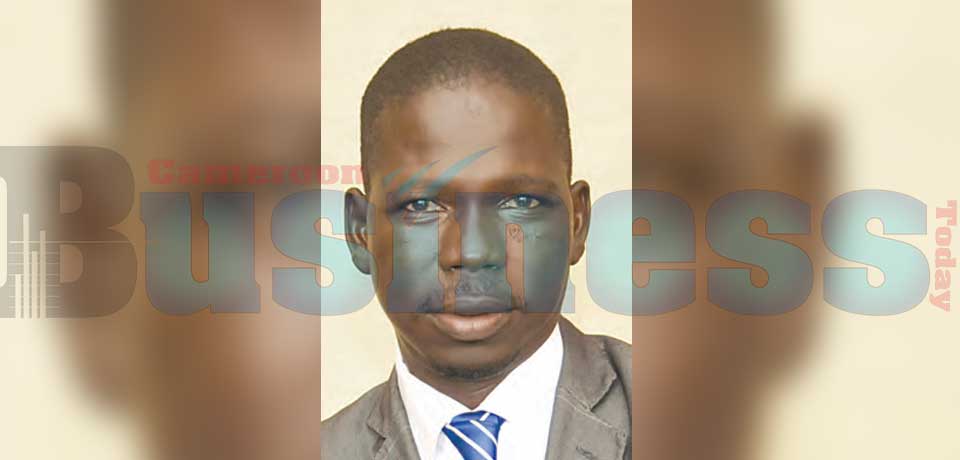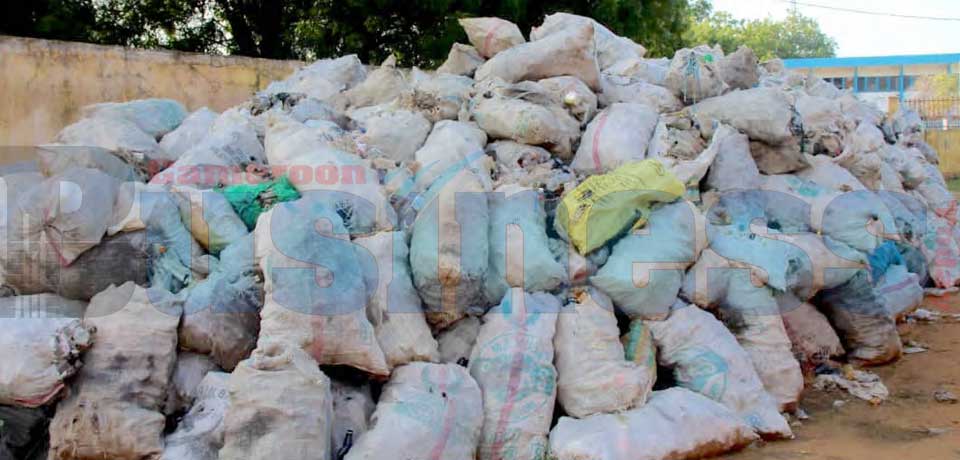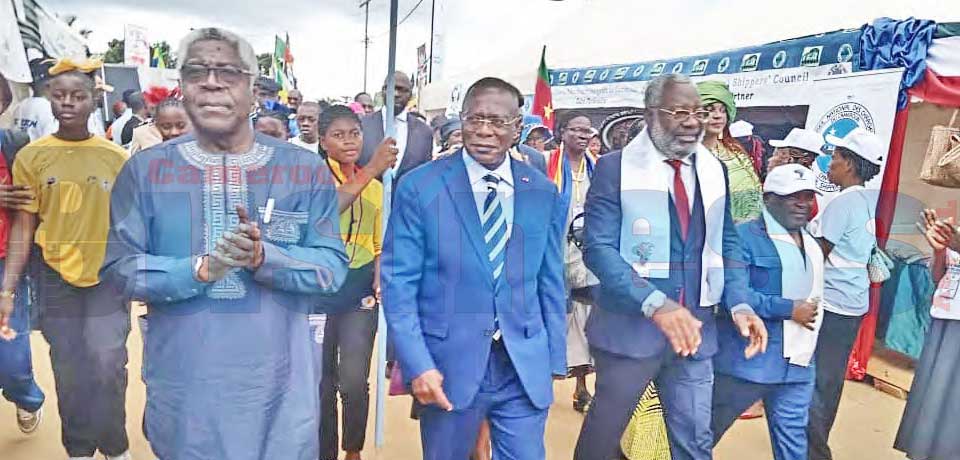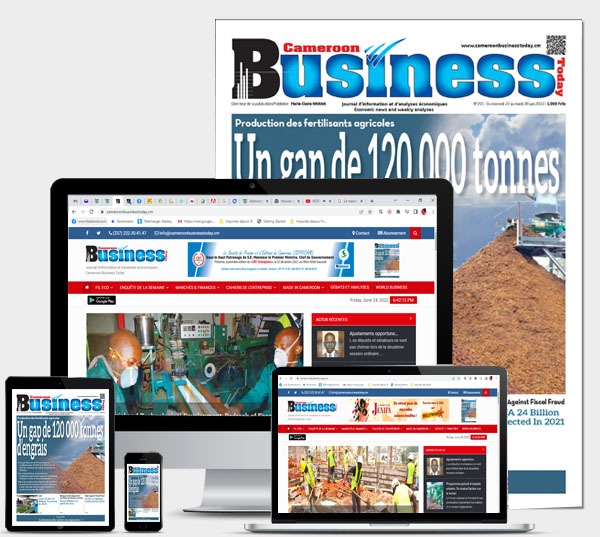The Bretton Woods institution have reached a Staff Level Agreement with Cameroon for a 36-month arrangements under the Extended Credit Facility (EFC) and the Extended Fund Facility (EFF).
T he International Monetary Fund (IMF) is poised to begin another arrangement with Cameroon with a possible disbursement of FCFA 390 billion under the Extended Credit Facility (ECF) and Extended Fund Facility (EFF). The new arrangement to run for 36 months, was arrived at after a series of virtual meetings by IMF mission led by Amadou Sy and Cameroonian authorities from May 13-27, 2017 which enabled both parties to discuss IMF financial support for economic reform programme. At the end of the two weeks mission, Mr. Amadou said “Cameroon has shown resilience in the face of the COVID-19 pandemic, but still faces significant challenges. While economic activity decelerated markedly in 2020, the slowdown was less than anticipated, reflecting strong performance in the agricultural and construction sectors. The current account deficit narrowed to 3.7 percent of GDP, owing to both lower imports and higher than expected non-oil exports. Inflation remained below 3.0 percent. In addition, the authorities’ proactive management of the COVID-19 pandemic helped contain the fiscal deficit to 3.6 percent of GDP,” the IMF release indicated. According to the release, Cameroon’s medium-term program centres on post-Covid-19 recovery, macroeconomic sustainability, and an ambitious structural reform agenda-laid out in the National Development Strategy for 2020-30 (SND30). In this context, the IMF-supported program builds on the SND-30, with a cross-cutting focus on reinforcing good governance, transparency, and anti-corruption measures. The new arrangement will focus on four main pillars notably mitigating the consequences of the pandemic, while ensuring macroeconomic sustainability; accelerating fiscal reforms to modernize tax and customs administration, mobilize revenue, improve public financial management, increase investment efficiency, and reduce fiscal risks from state-owned enterprises; strengthening debt sustainability and management; and intensifying structural reforms to boost economic diversif...

















Commentaires